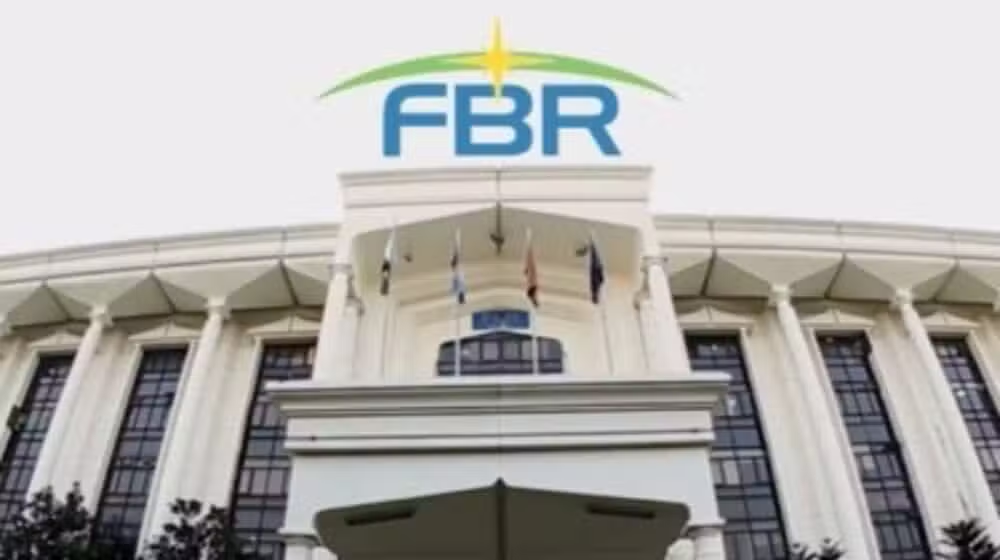On Monday, a major disruption shook the operational framework of the Federal Board of Revenue (FBR) as low-grade employees (BS-1 to BS-16) launched a nationwide protest against their exclusion from a recently introduced Performance Management Scheme that currently benefits only BS-17 and above officers.
FBR headquarters in Islamabad, along with numerous field formations, witnessed a pen-down strike, effectively halting tax and customs-related processes for hours.
Performance Scheme for BS-17 and Above Only
The core issue behind the protest lies in the selective implementation of a performance management system by the FBR. The scheme, as currently applied, exclusively benefits BS-17 and above officials in the Customs Services and Inland Revenue Services.
It provides performance-based incentives, career progression opportunities, and other benefits aimed at enhancing efficiency and accountability.
Their primary demands include:
- Equal distribution of performance rewards across all Basic Pay Scales (BS-1 to BS-16)
- Inclusion in the new performance management system, ensuring merit-based recognition for lower-tier staff
- Unfreezing of special pay package allowances for low-grade employees
- Recognition of the critical field-level contribution of staff often exposed to harsh working conditions, extended hours, and logistical burdens
The pen-down strike and ongoing protests have had tangible effects on the FBR’s efficiency. The sluggish movement of documents, suspension of audits, and the lack of clerical processing have collectively disrupted tax enforcement, customs clearances, and internal reviews.
The Role of Clerical and Field-Level Staff in FBR Operations
While officers at BS-17 and above may hold strategic and decision-making roles, the actual groundwork is carried out by those in BS-1 to BS-16. This includes:
- Inspectors and auditors conducting field visits and ensuring compliance
- Superintendents and supervisors managing teams, paperwork, and field logistics
- Clerical staff handling critical documentation, filing, correspondence, and data entry
- Sepoys and naib qasids managing physical file transfers and administrative support
- Sweepers ensuring hygiene and smooth functioning of offices
It is these employees who face the public daily, carry out time-sensitive field audits, and often work overtime without additional compensation. Excluding them from the performance management reforms is not only unfair but demotivating to the entire workforce.
They argue that the Common Pool Fund, which aggregates earnings from various FBR operations, must be equitably distributed. At present, the fund’s allocation heavily favors high-ranking officers, leaving the lower staff disheartened and neglected.
One of the most repeated grievances of the protestors is the freezing of the special pay package announced years ago to uplift the morale of FBR staff.
Employees, meanwhile, continue to mobilize and strategize, with social media posts and union communiqués calling for nationwide solidarity.


